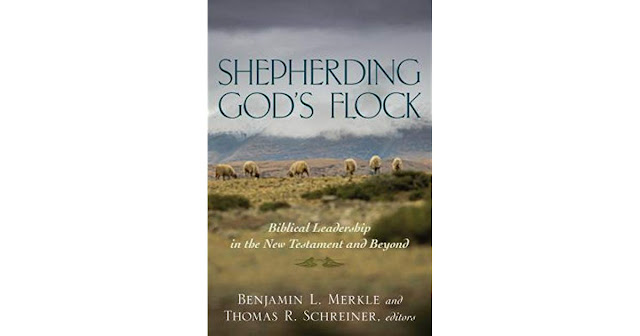A FEW MORE WORDS ON JASON G. DUESING'S ARTICLE AND SOME REFLECTIONS ON THE BAPTIST FAITH AND MESSAGE AND THE VOCABULARY OF NEW TESTAMENT CHURCH GOVERNMENT

I mentioned in my previous post that I was reading Jason G. Duesing’s contribution to the book, Shepherding God's Flock: Biblical Leadership in the New Testament and Beyond (ed. Benjamin L. Merkle and Thomas Schreiner; Grand Rapids, MI: Kregel, 2014). It is entitled “A Cousin of Catholicism: The Anglican Understanding of Church Leadership.” As often happens when I am reading something that's said sends me off in another direction. I had mentioned that the New Testament had a two-tier model of leadership elder/bishops and deacons. I questioned Duesing a little on the statement on the persistence of the New Testament model in this Church in the centuries following. But in fairness I should say that he was not writing so much as a scholar himself but as a popular writer reporting what different scholars had said in standard reference works and popular books. This being the case, the statement about the terms "bishop" and "elder" being used intercha


